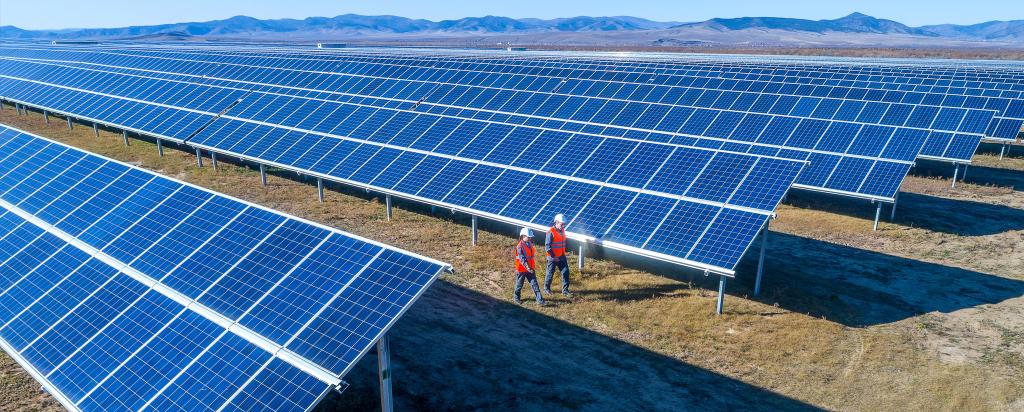
Education Resources
Showing 41 - 50 of 62 learning resources…
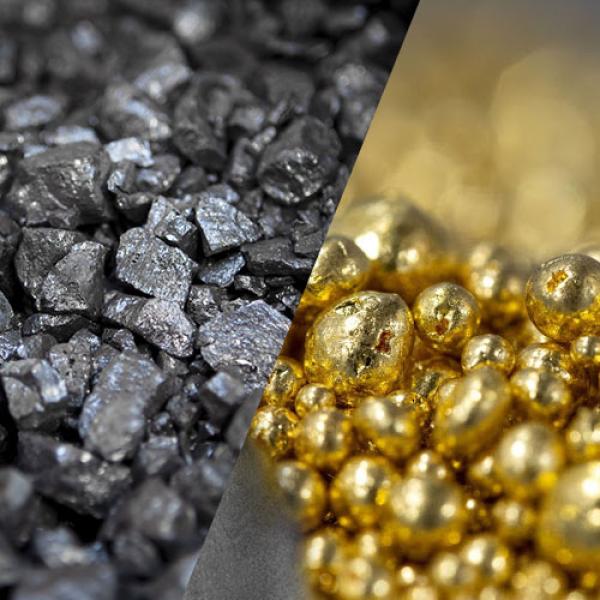
Year 7-8 In Their Elements Online Learning
Bring the periodic table to life in this interactive videoconference lesson.
Students see real samples of common elements, learn about their history, properties and uses, and find out how the periodic table was developed during the 19th century.
Students review atomic structure, elements and the organisation of today's periodic table, before applying their knowledge and skills in a fun periodic table game.
Cost: $90 per class.
WorkbookOutlineRequest a videoconference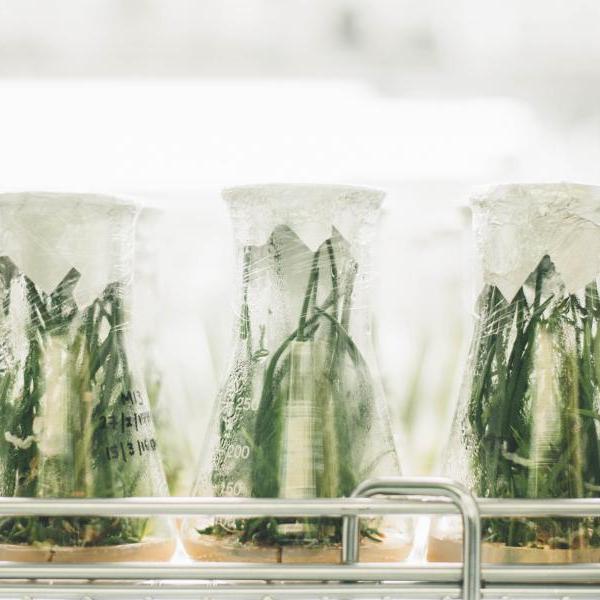
Year 12 Earth and Environmental Science Tour
Our Year 12 Earth and Environmental Science tour covers specific Knowledge and Understanding content from Module 5: Earth Processes, Module 6: Hazards, and Module 7: Climate Science.
All tours are available Monday to Friday for Years 7 to 12 classes. The cost per student is $12.50 and teachers are free.
Please print enough copies of the relevant workbook for your class before your visit to ANSTO.
Tour outlineTour workbookRequest a tour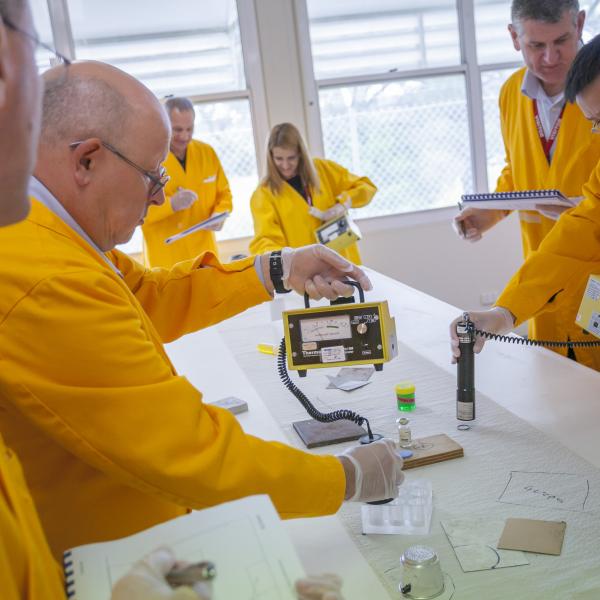
Year 9-10 Radioactivity and its Applications Online Learning
Students investigate the production of nuclear medicines in the OPAL multipurpose reactor, the use of nuclear medicines to diagnose and treat disease, and the science behind working safely with radiation.
This program is designed to address content and skill outcomes in the Year 9 and Year 10 Science Australian Curriculum and NSW syllabuses.
Cost: $90 per class.
WorkbookOutlineRequest a videoconference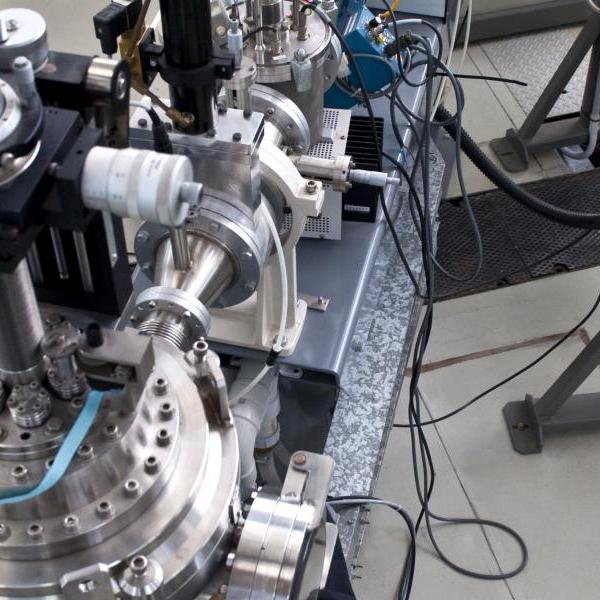
Year 12 Physics Tour
Our Year 12 Physics tour and depth study guide can be used as the starting point for a depth study about nuclear science, covering nuclear-related components of Module 8: From the Universe to the Atom.
All tours are available Monday to Friday for Years 7 to 12 classes. The cost per student is $12.50 and teachers are free.
Please print enough copies of the relevant workbook for your class before your visit to ANSTO.
Tour outlineTour workbookDepth study guideRequest a tour
Investigating radiation in the air we breathe
Radon is a significant component of background radiation and can accumulate in poorly ventilated indoor environments.
In this data set, we investigated the effect of electrostatically charging a balloon, which was then hung in an enclosed space, on its level of radioactivity.
Students write a hypothesis, graph data, write a conclusion and use provided information to answer questions about radioactivity and radon, experimental design, accuracy, validity and reliability.
Student worksheetData file (excel spreadsheet)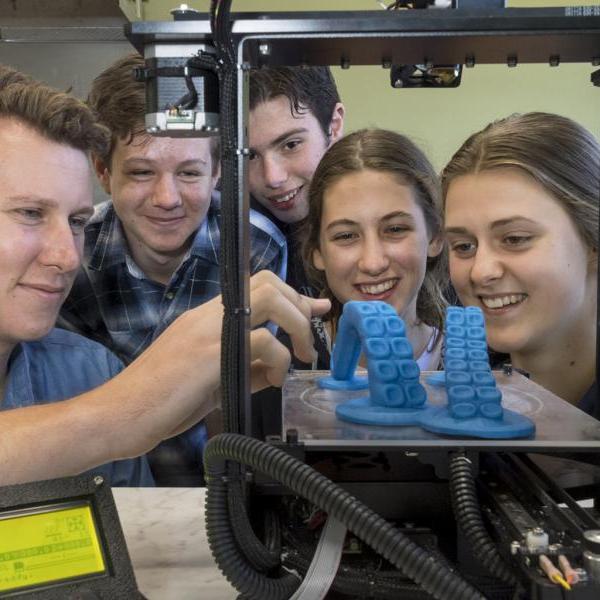
Year 9-10 Introduction to Nuclear Science Tour
This tour is an introduction to isotopes, radioactivity and half-life, and the real-life applications of these concepts. Students will do a series of hands-on activities using the workbook below.
We are working on new content to address the new 2026 NSW Science Stage 5 (Year 9-10) syllabus.
All tours are available Monday to Friday for Years 7 to 12 classes. The cost per student is $12.50 and teachers are free.
Please print enough copies of the relevant workbook for your class before your visit to ANSTO.
Tour outlineTour workbookRequest a tour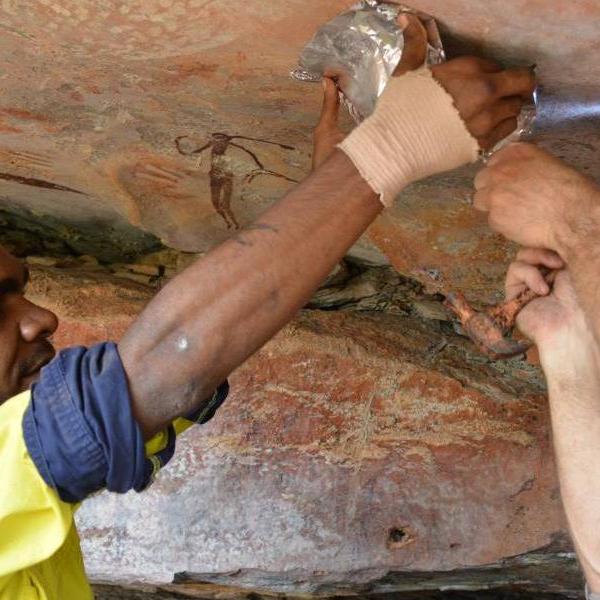
Radiocarbon dating Aboriginal and Torres Strait Islander cultures and histories
In this workbook, students will:
- learn about radiocarbon dating and its applications to cultural heritage materials.
- analyse and interpret different texts and videos to better understand Aboriginal and Torres Strait Islander cultures.
- build literacy and numeracy capabilities using cloze passages, writing a glossary, interpreting graphs, answering comprehension questions, and making a timeline and a map to summarise the research stories.
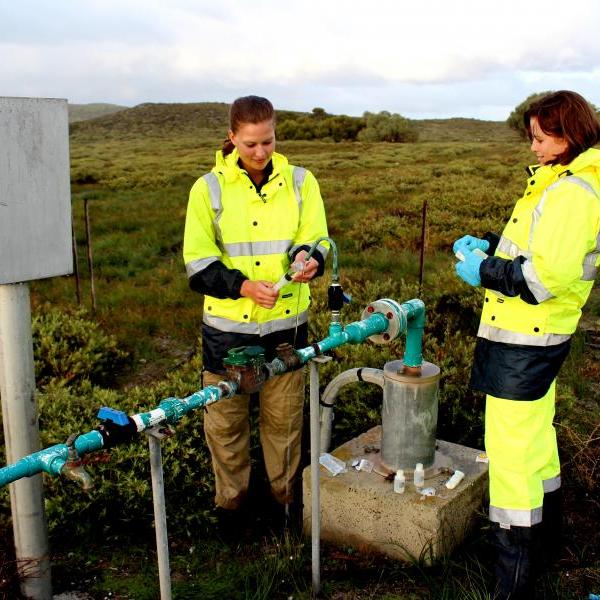
Groundwater science
Water is a resource that needs careful management to ensure it is used sustainably. In this data set, students analyse real research data about the sustainability of groundwater on Rottnest Island.
Students will:
- understand the concepts of groundwater and aquifers and the role of the water cycle
- use MS Excel to construct simple graphs (or draw graphs by hand)
- interpret and analyse graphs and other representations of data
- investigate the effects of a changing climate on groundwater resources
- distinguish between correlation and causation
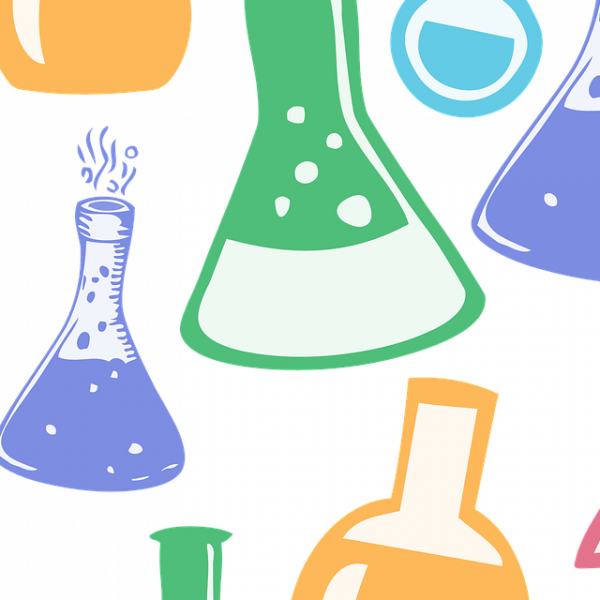
Year 11 Chemistry Tour
Our Year 11 Chemistry tour and depth study guide can be used as the starting point for a depth study about nuclear science, covering nuclear-related components of Module 1: Properties of Structure and Matter.
All tours are available Monday to Friday for Years 7 to 12 classes. The cost per student is $12.50 and teachers are free.
Please print enough copies of the relevant workbook for your class before your visit to ANSTO.
Tour outlineDepth study guideTour workbookRadioisotope posters (with equations)Request a tour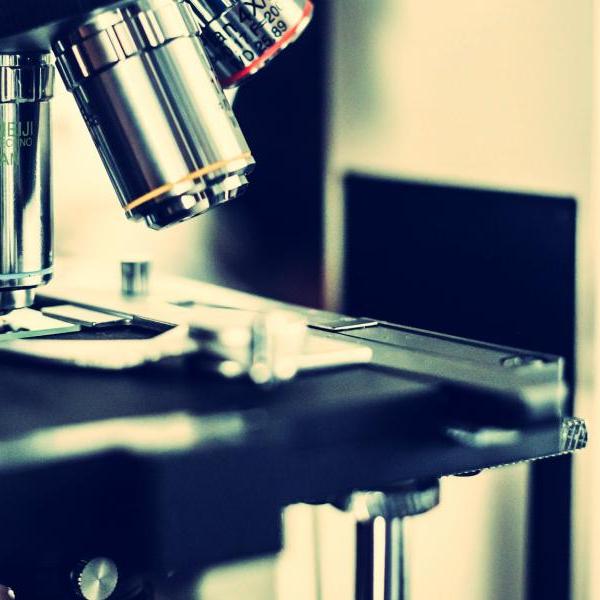
Year 12 Investigating Science Tour
Our Year 12 Investigating Science tour and depth study guide can be used as the starting point for a depth study about nuclear science, covering nuclear-related components of Module 6: Technologies and Module 8: Science and Society.
All tours are available Monday to Friday for Years 7 to 12 classes. The cost per student is $12.50 and teachers are free.
Please print enough copies of the relevant workbook for your class before your visit to ANSTO.
Tour outlineTour workbookDepth study guideRequest a tour